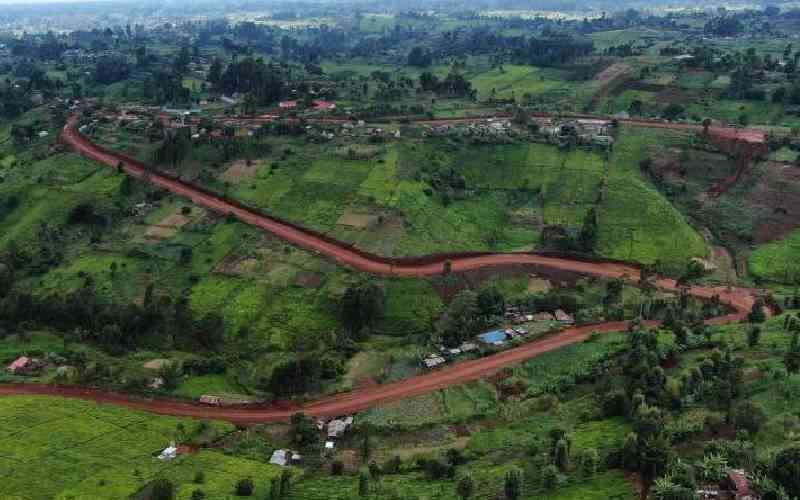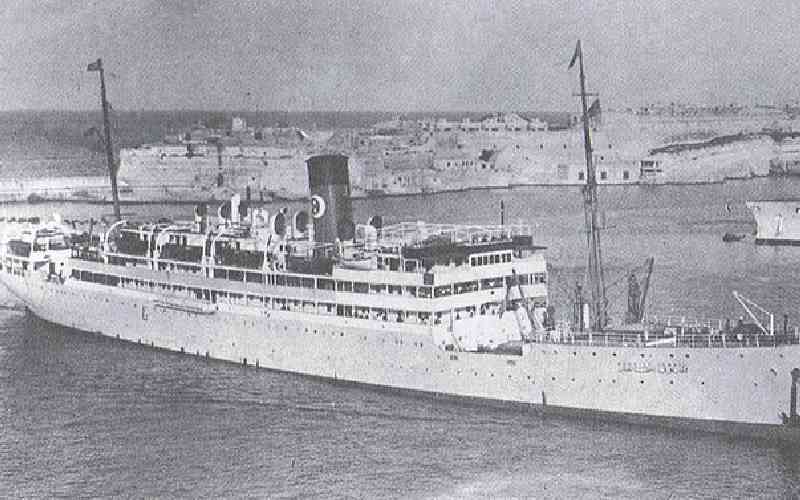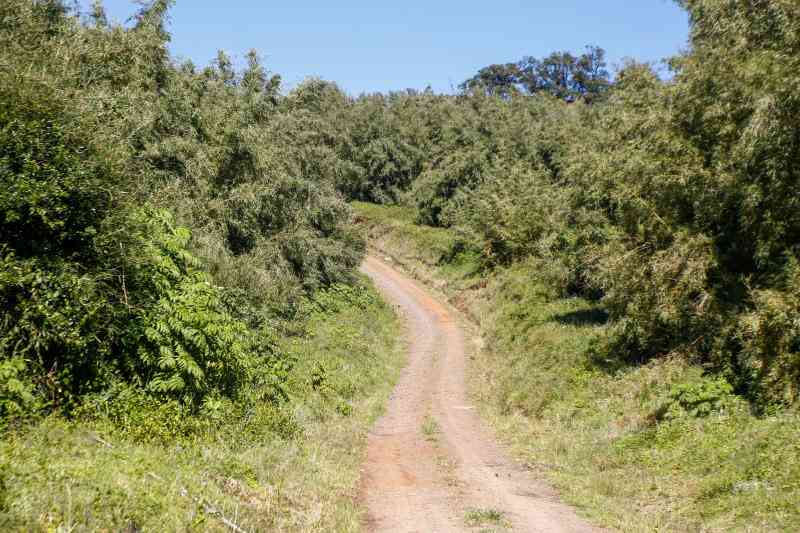By Njonjo Kihuria
Kenya: They were labelled terrorists and on August 12, 1950, the British colonial government gazetted Subsidiary Legislation Number 913, outlawing the Mau Mau.
It would not be until 53 years later in 2003 and 40 years after independence that the government of Kenya recognised and removed the ban on the movement that was agitating for the return of African land, freedom and dignity.
Hitherto, the freedom fighters had remained criminalised by the colonial and two successive independent governments.
On the proscription of their organisation, the Mau Mau went underground until 1952 when the colonial regime declared a State of Emergency, rounded up tens of thousands of Africans and for years detained the majority of the males, hanged many on tramped up charges and put women and children especially in Central Kenya in emergency torture villages.
Subsequently, most of the young men and a sizeable number of women too, took to Mt Kenya and Aberdare mountains from where they waged a guerrilla war against the colonial government for years.
The actual warfare was from 1952 to 1957 and was concentrated in Nairobi, Central Kenya and the White Highlands in the Rift Valley where Mau Mau suspects or their sympathisers were subjected to a brutal reign of terror in prisons, detention camps and the emergency villages.
Amid efforts to defeat the Mau Mau, the colonial regime unleashed military might, comprising of over 110 Brigades ( ten battalions) of British troops, King’s African Rifles ( KAR), Kenya Regiment, Armoured Car Units as well as squadrons of Second World War bombers equipped with radar-blinding aides. Those forces were also supported by large contingents of paramilitary police units, regular police, Kenya Police Reservists, prison warders and home-guards.
The colonial security forces beat, tortured, mutilated, castrated men and raped women in order to contain the Mau Mau Resistance.
Conservative figures provided by the Colonial Office in London stated that 30,000 Mau Mau fighters took on the government; 11,000 were killed, 1,000 hanged as common criminals and 80,000 Africans were sent to detention camps.
However, the British colonial administration in London and Nairobi was silent about thousands of men and women who were imprisoned during the State of the Emergency. The authorities were also silent about the detainees who were killed in detention camps. And above all, there are no statistics of men, women and children who were incarcerated in emergency torture villages.
Grabbed land
The fighters also continued to be criminalised and marginalised both economically and politically in a country that they had fought for.
Gitu wa Kahengeri, a freedom fighter and the spokesman of the Mau Mau War Veterans Association, laments that many men and women who fought gallantly for freedom and the return of grabbed land from the British colonial administration have died without the role they played for independence being recognised.
“They have died unnoticed in independent Kenya, just as they would have died in the forest while fighting to remove the country from shackles of colonialism in the 1950s,” says wa Kahengeri.
Stay informed. Subscribe to our newsletter
Wa Kahengeri says at independence, they believed in fairness and had faith that everybody would have a chance to enjoy the fruits of their hard work.
Unfortunately, according to wa Kahengeri, this was not to be. “About two years before the Mau Mau victory against the British and the release of detainees, prisoners and the demolition of the emergency torture villages, calculated intrigues and schemes to bar freedom fighters from gains of independence were engineered by the colonial regime and its African collaborators and home guards.”
Doomed victory
Wa Kahengeri says the schemers started by Africanising and filling all executive and non executive jobs in government from those of the permanent secretaries to assistant chiefs with known enemies of the Mau Mau including home guards, traitors and loyalists.
“The scheme was deliberately meant to keep the Mau Mau from enjoying their rightful place of ownership of victory against colonial domination.”
He says the same group influenced banks and other financial institutions to ensure they did not consider any financial support to freedom fighters. The children of the Mau Mau were also deliberately denied higher education.
At independence, some freedom fighters especially those under Gen Baimungi demanded their right to land before they could re-join civilian life, but the government accused them of an attempted coup.
“While some of us laid down arms at the Kinoru Stadium in Meru, others decided to go back to the forest, where they were pursued and attacked and many gunned down by the (independent) government forces,” recalls Mau Mau War Veterans Association Vice Chairman M’Mburugu M’Marete.
The anti Mau Mau plotters also conspired to keep Subsidiary Legislation Number 913 of 12 August, 1950 in the law books thereby perpetuating the proscription of the Mau Mau movement and criminalising its members.
It was not until 2003, under the presidency of Mwai Kibaki that the imposed illegality was revoked.
 The Standard Group Plc is a
multi-media organization with investments in media platforms spanning newspaper
print operations, television, radio broadcasting, digital and online services. The
Standard Group is recognized as a leading multi-media house in Kenya with a key
influence in matters of national and international interest.
The Standard Group Plc is a
multi-media organization with investments in media platforms spanning newspaper
print operations, television, radio broadcasting, digital and online services. The
Standard Group is recognized as a leading multi-media house in Kenya with a key
influence in matters of national and international interest.
 The Standard Group Plc is a
multi-media organization with investments in media platforms spanning newspaper
print operations, television, radio broadcasting, digital and online services. The
Standard Group is recognized as a leading multi-media house in Kenya with a key
influence in matters of national and international interest.
The Standard Group Plc is a
multi-media organization with investments in media platforms spanning newspaper
print operations, television, radio broadcasting, digital and online services. The
Standard Group is recognized as a leading multi-media house in Kenya with a key
influence in matters of national and international interest.










